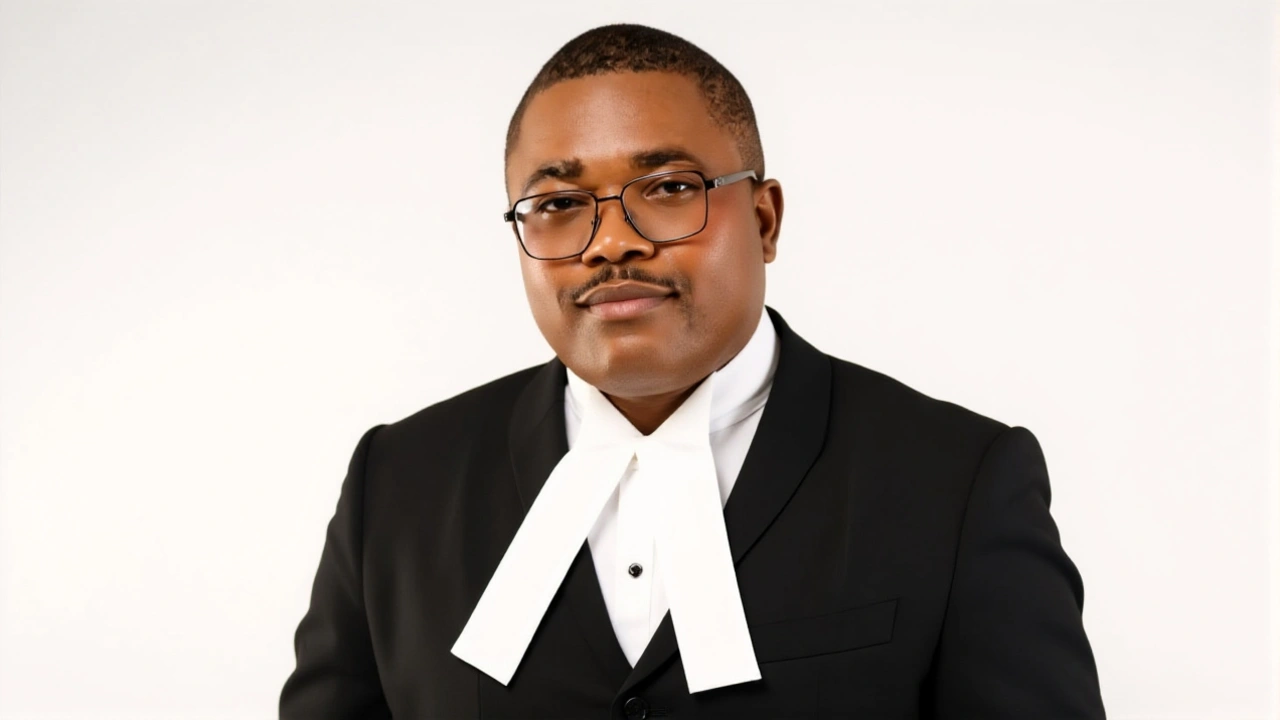Nnamdi Kanu – Who He Is, What He Does, Why It Matters
When you hear the name Nnamdi Kanu, you instantly think of a fiery political figure challenging Nigeria’s unity. Nnamdi Kanu, a Nigerian activist who heads the Indigenous People of Biafra (IPOB). Also known as IPOB leader, he advocates for the secession of the southeastern region to create a new Biafran state.
At the core of his campaign sits Indigenous People of Biafra, a grassroots organization pushing for self‑determination. IPOB blends modern social media outreach with traditional rallies, giving a voice to a generation that feels ignored. The group’s demand for a separate homeland directly ties into the broader Biafran independence movement, a historic struggle dating back to the 1967‑70 civil war.
The Nigerian government, meanwhile, treats Kanu’s activism as a threat to national stability. Nigerian security forces, the army and police tasked with preserving the country's territorial integrity, have repeatedly arrested, detained, and expelled Kanu. Their actions illustrate a classic clash: a state’s drive to enforce unity versus a leader’s push for regional autonomy.
Human‑rights NGOs keep a close eye on the fallout. Organizations such as Amnesty International, global watchdog monitoring violations of civil liberties, have reported alleged abuses during Kanu’s arrests. These reports add an extra layer of international scrutiny, showing how local politics can ripple across borders.
Why does this saga keep grabbing headlines? First, Kanu’s use of satellite TV and YouTube gives the movement a reach most African separatist groups lack. Second, each detention sparks fresh protests, creating a feedback loop where government pressure fuels more activism. Third, the diaspora community in the UK and the US fuels funding and lobbying, turning a regional dispute into a global conversation.
Understanding Kanu’s role means looking at his personal background too. He grew up in a modest family in Isiagu, earned a degree in Mass Communication, and later launched the “Radio Biafra” platform. Those details point to a strategic thinker who blends media savvy with grassroots mobilization—a combo that makes him a unique case study in modern protest.
From an economic angle, the Biafran push also ties into resource distribution. The southeastern states sit on oil‑rich lands, and many argue that they receive a fraction of the revenue generated. Kanu’s rhetoric often highlights this inequity, linking political independence to economic justice.
Legal battles add another dimension. Courts in Nigeria have repeatedly banned IPOB’s activities, but Kanu’s team keeps filing appeals, showcasing a jurisdictional tug‑of‑war. Each ruling sets a precedent for how the nation handles separatist claims, influencing future movements across Africa.
Culture also plays a part. Music, literature, and fashion from the Igbo heartland frequently feature Biafran symbols. Kanu’s speeches regularly invoke cultural pride, reinforcing identity as a rallying point. This cultural resonance helps sustain the movement even when political avenues stall.
Media coverage is a double‑edged sword. While mainstream outlets give Kanu a platform, they also shape public perception—sometimes painting him as a rebel, other times as a freedom fighter. The framing influences public opinion and can sway international diplomatic responses.
In short, the story of Nnamdi Kanu isn’t just about a single activist; it’s a web of politics, law, economics, culture, and media. Below you’ll find a curated list of the latest articles, investigative pieces, and expert analyses that dive deeper into each of these angles. Whether you’re after the latest court ruling, a breakdown of the economic stakes, or a look at how the diaspora fuels the cause, the collection below has you covered.

Prof. Mike Ozekhome hailed barrister Ifeanyi Ejiofor's fearless advocacy on his 50th birthday, spotlighting their joint fight for Nnamdi Kanu and broader human‑rights impacts in Nigeria.
Read More